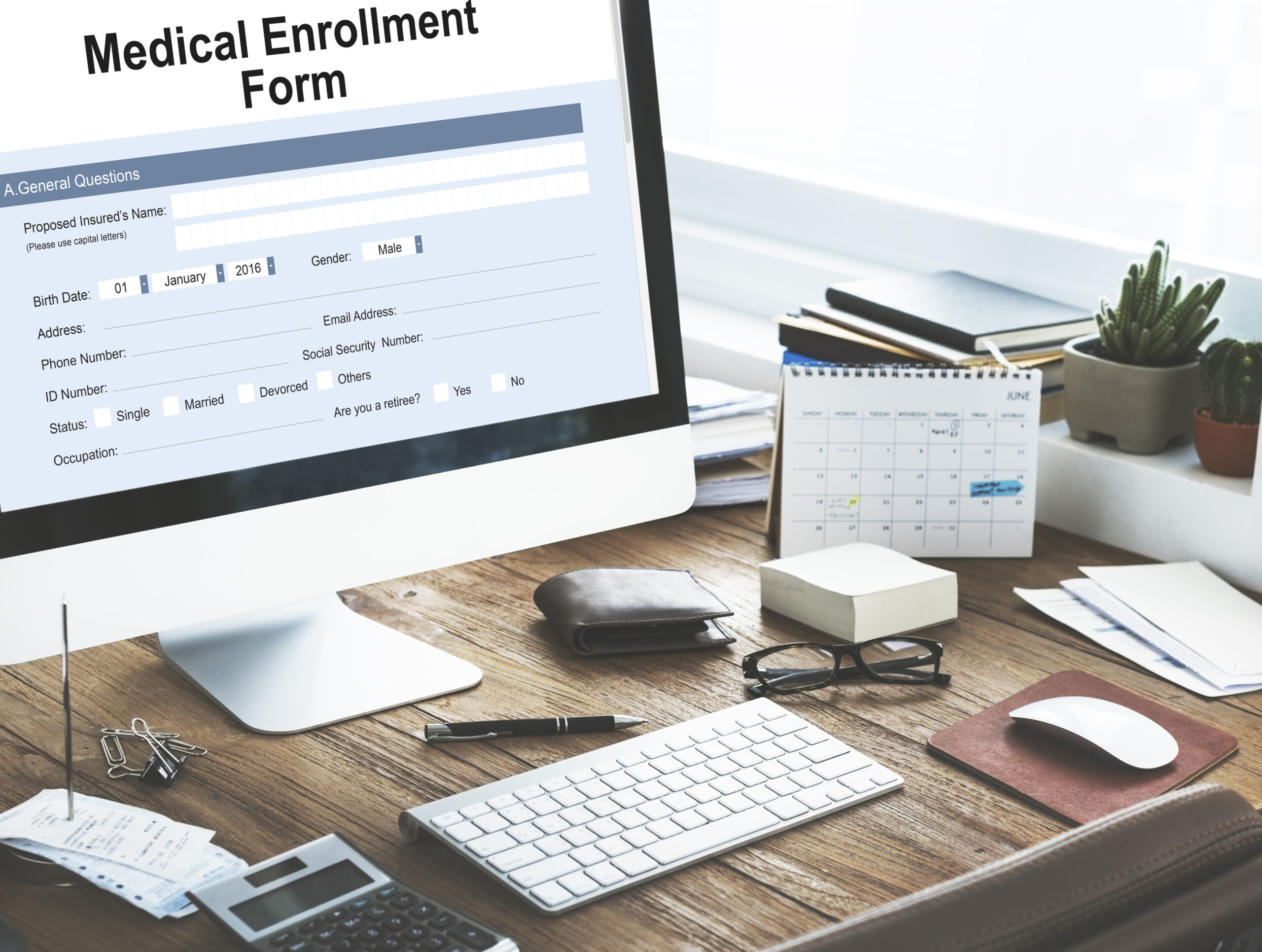
Medical credentialing is one of the most essential yet often overlooked steps in ensuring a smooth healthcare operation. It serves as the foundation of trust between providers, patients, and insurance companies. Without proper credentialing, healthcare providers may face claim denials, delayed reimbursements, or even legal risks.
What is Medical Credentialing?
Medical credentialing is the process of verifying that a healthcare provider is qualified to offer medical services. This involves confirming:
-
Education and medical degrees
-
Residency and training history
-
Board certifications
-
Work experience and licensure
-
Any malpractice claims or disciplinary actions

It is done both initially (before a provider joins a practice or hospital) and periodically (recredentialing every 2-3 years).
Why is Credentialing So Important?

-
Ensures Provider Eligibility
-
Insurers only pay claims submitted by in-network, credentialed providers.
-
Credentialing allows providers to be part of insurance networks (Medicare, Medicaid, private payers).
-
-
Protects Patient Safety
-
Verifies the provider is legitimate, trained, and licensed.
-
Prevents fraud by eliminating fake qualifications or revoked licenses.
-
-
Directly Affects Cash Flow
-
Without credentialing, providers can’t bill insurance.
-
Any delays can freeze revenue for weeks or months.
-
-
Improves Practice Reputation
-
Being credentialed with multiple payers shows reliability and professionalism.
-
Builds patient trust in the provider’s qualifications.
-
Steps Involved in Credentialing Process:
-
Information Collection
-
Gather provider documents: licenses, NPI, CAQH profile, DEA certificate, etc.
-
-
Application Submission
-
Complete payer-specific credentialing applications (e.g., BCBS, Aetna, Medicare).
-
-
Primary Source Verification
-
Insurance companies verify all credentials from original sources.
-
-
Follow-up and Monitoring
-
Regularly follow up with insurance panels.
-
Monitor deadlines for recredentialing and updates.
-


Common Delays in Credentialing (and How to Avoid Them)
| Issue | How to Avoid |
|---|---|
| Missing documents | Keep a centralized digital record |
| CAQH profile not updated | Update regularly with latest info |
| Lack of follow-up | Assign a dedicated credentialing rep |
| Insurance panel closed | Apply in advance or seek alternatives |
Outsourcing Credentialing – A Smart Move

For many practices, managing credentialing in-house is time-consuming and error-prone. Outsourcing to a dedicated medical billing company:
-
Reduces administrative burden
-
Ensures compliance and faster approvals
-
Avoids costly delays and rejections
Final Thoughts
Medical credentialing isn’t just a regulatory formality—it’s a strategic pillar of the healthcare revenue cycle. When done right, it ensures compliance, builds provider credibility, and accelerates revenue flow. However, even minor delays or oversights in credentialing can result in claim rejections, lost income, and reputational damage.
That’s why having expert support can make all the difference.
At EliteRush Medical Billing Solutions, we specialize in end-to-end credentialing services tailored to meet the unique needs of healthcare providers. From initial enrollment to recredentialing and ongoing payer management, we handle the process with precision—so you can focus on patient care.
Need credentialing done right?
Reach out to EliteRush Medical Billing Solutions today and let our experienced team take the hassle out of your credentialing journey.
